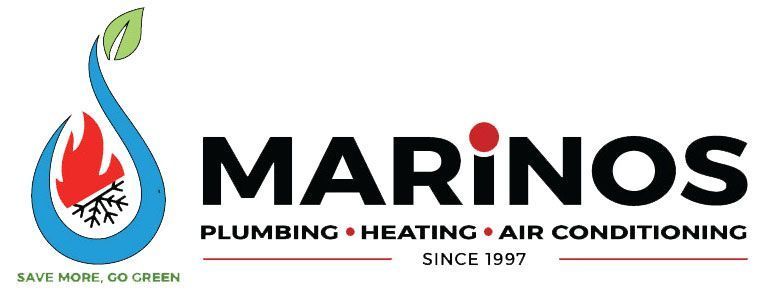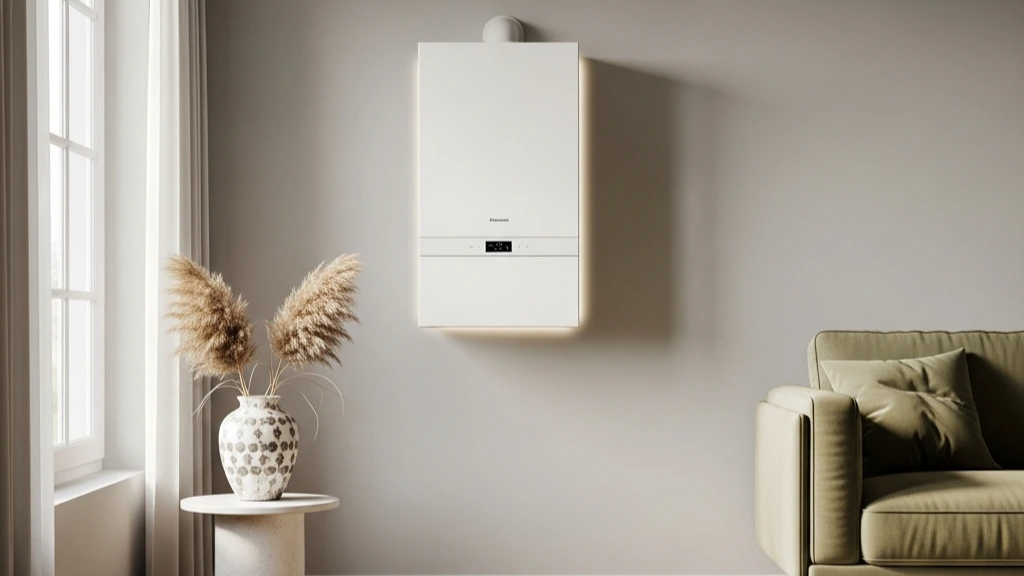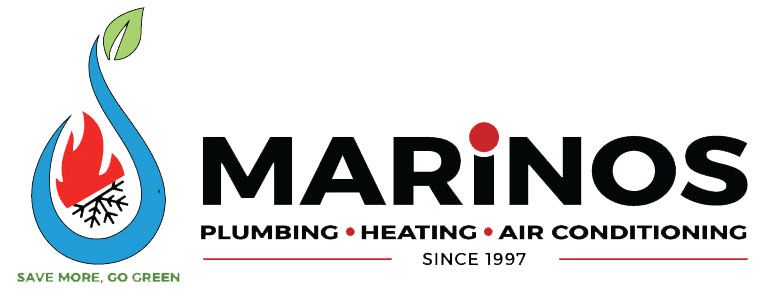Top 7 Benefits of Installing an In-Floor Heater in 2025
In Canada, where winter temperatures can drop well below freezing, finding an efficient and reliable home heating solution is essential. As we move through 2025, more Canadian homeowners are turning to in-floor heating systems—also known as radiant floor heating—as a modern, energy-smart way to keep their homes warm and comfortable.
If you're planning a renovation or building a new home, here's a breakdown of the top 7 benefits of installing an in-floor heater in Canada this year.

1. Even Heating for Harsh Canadian Winters
Canadian winters are no joke, especially in provinces like Alberta, Ontario, or Quebec. In-floor heating delivers consistent warmth from the ground up, which means:
- No cold drafts or chilly spots
- Uniform heat in every room
- Cozy comfort even on the coldest days
Whether you’re walking barefoot on tile in the bathroom or enjoying a snow day indoors, you’ll feel warm from the ground up.
2. Lower Energy Bills in the Long Run
Energy efficiency is at the top of many Canadians' minds, especially with rising utility costs. In-floor heating systems:
- Operate at lower temperatures than forced-air systems
- Retain heat longer through thermal mass
- Eliminate heat loss that happens in the ductwork
This makes them ideal for long-term savings, especially in homes that rely heavily on heating during the long Canadian winter months.
3. Healthier Indoor Air Quality
Forced-air heating systems often circulate dust, allergens, and pet dander—something many Canadians with asthma or allergies struggle with during winter. In-floor heaters:
- Do not blow air around
- Reduce airborne pollutants
- Create a
cleaner and healthier indoor environment
A great solution for families, seniors, and anyone sensitive to poor air quality.
4. Silent & Comfortable Heating
No more hearing the furnace kick in, the vents rattle, or the heat blowing through the ducts. In-floor heating is completely silent, providing uninterrupted warmth without any noise—perfect for bedrooms, offices, and relaxing spaces.
5. Great for Canadian Home Design
In-floor heating is invisible, which means you won’t need radiators or baseboards taking up space. That’s a huge plus for:
- Open-concept homes
- Modern minimalist interiors
- Small condos or cabins where space is limited
Plus, it's compatible with many flooring types popular in Canada, like tile, laminate, and engineered hardwood.
6. Boosts Home Value in the Canadian Market
Radiant heating is seen as a premium upgrade in the Canadian housing market. Adding it to bathrooms, kitchens, or entire floors can:
- Increase your home’s resale value
- Improve energy ratings (a key concern for eco-conscious buyers)
- Make your home stand out in a competitive market
It’s a solid investment, especially in regions with long heating seasons.
7. Works with Smart Home Systems
Canadian homeowners are embracing smart home tech more than ever. In-floor heating systems in 2025 are fully compatible with:
- Smart thermostats (Nest, Ecobee, etc.)
- Zoning systems for different rooms
- Remote controls and scheduling via mobile apps
Whether you’re in Toronto or Calgary, you can easily control your heating remotely and monitor your energy usage.
Final Thoughts: Is In-Floor Heating Worth It in Canada?
Absolutely! For Canadian homes, in-floor heating offers the perfect blend of efficiency, comfort, and luxury. Whether you're renovating your current home or building a new one, this system is built to handle our tough winters quietly, efficiently, and beautifully.
Need Expert Help?
If you're considering installing in-floor heating in your Canadian home, our team is here to help! We offer expert installation, product recommendations, and a free consultation to help you choose the best system for your space and budget.
👉 Contact us today to learn more about radiant floor heating solutions designed for Canadian homes.




